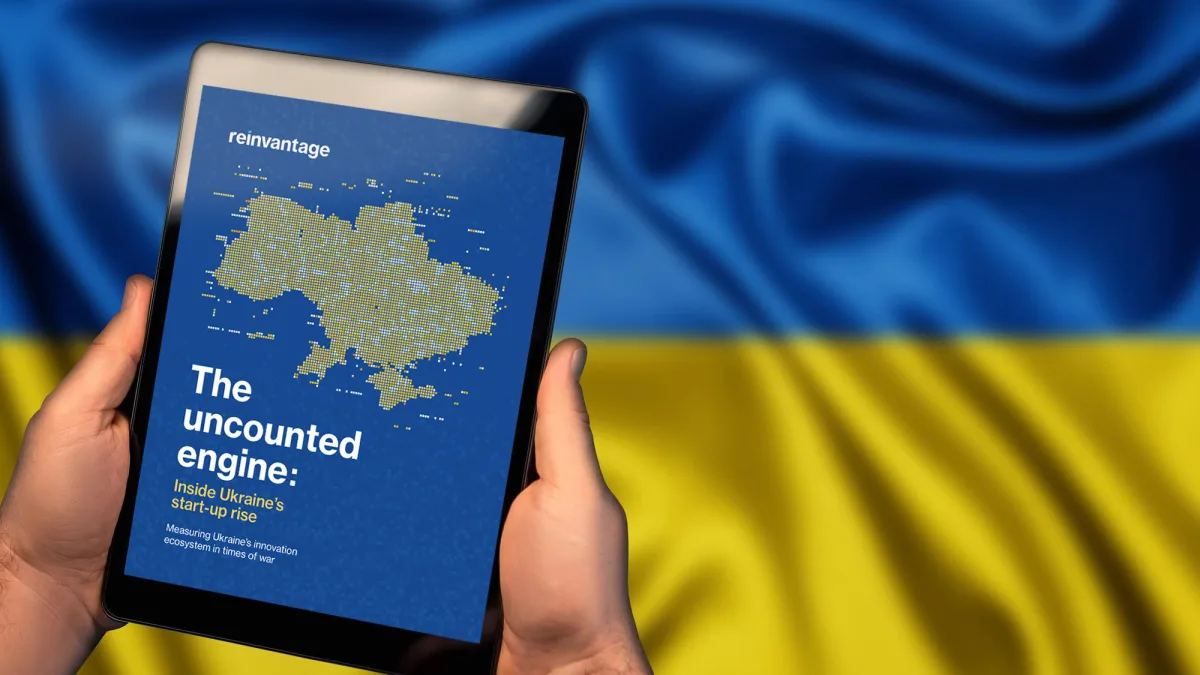London, July 11, 2024 – A groundbreaking report produced with support from the German Marshall Fund of the United States reveals that Ukraine is poised to revolutionise its education system as a cornerstone for national recovery and future resilience.
The comprehensive study, titled Ukraine’s War for Talent, outlines strategic reforms aimed at equipping students with practical skills for real-world challenges.
“By prioritising education now, Ukraine can build a strong foundation for a resilient society capable of facing future challenges. It’s an investment that will pay dividends for generations, ensuring a brighter, more successful future for all Ukrainians,” said Andrew Wrobel, founding partner at Emerging Europe and chairman of the supervisory council of the Emerging Europe Institute, the authors of the report.
Some 76.7 per cent of all respondents aged between 16 and 34, invited to the survey carried out as part of the study, answered that they are ready to start or pursue their career regardless of whether the war is over or not.
Interestingly, female respondents answered that they are ready to work in Ukraine regardless of either the war is over or not far more than men: those numbers are almost 47.5 per cent for women and 36.4 per cent for men. Male respondents were more prompted to give answers “Yes, if/when the war is over” than women: the shares are 40.4 per cent for men and a bit less than 29.1 per cent for women.
In the report, education is identified as a key driver of development and growth, crucial for empowering a knowledgeable population that can drive sustainable development and economic growth. The report provides insights from experts and policy recommendations that could significantly contribute to Ukraine’s post-war social and economic success.
The report advocates for increased autonomy for universities and higher education institutions, enhancement of facilities, and widespread adoption of digital tools in education. It underscores the necessity of training teachers to effectively utilise modern technologies, fostering digital learning environments, and reintegrating veterans and injured military personnel into the educational landscape.
Key recommendations include updating curricula with project-based learning, raising entry standards for higher education, ongoing professional development for educators, investing in digital infrastructure, improving vocational training, modernising policies for equity, and attracting talent back to Ukraine.
The report also highlights opportunities for investment in EdTech innovations, verification and security solutions, language services, vocational upskilling, and rebuilding educational infrastructure. With over 3,500 educational institutions damaged or destroyed, the World Bank estimates restoration costs at nearly 14 billion US dollars.
“Investing in reconstruction can stabilise the country, jumpstart economic recovery, and create jobs. Ukraine stands at the threshold of transformative change, with education as the catalyst for a resilient and prosperous future,” said Wrobel.
Despite the conflict’s profound impact on the education system, Ukraine recognises the critical role of education in post-war recovery. Lessons from other nations emphasise the need for tailored strategies and systemic improvements. The report suggests leveraging digital tools and hybrid learning models developed during the pandemic and invasion for efficient and effective education.
A full copy of the report can be downloaded here.







